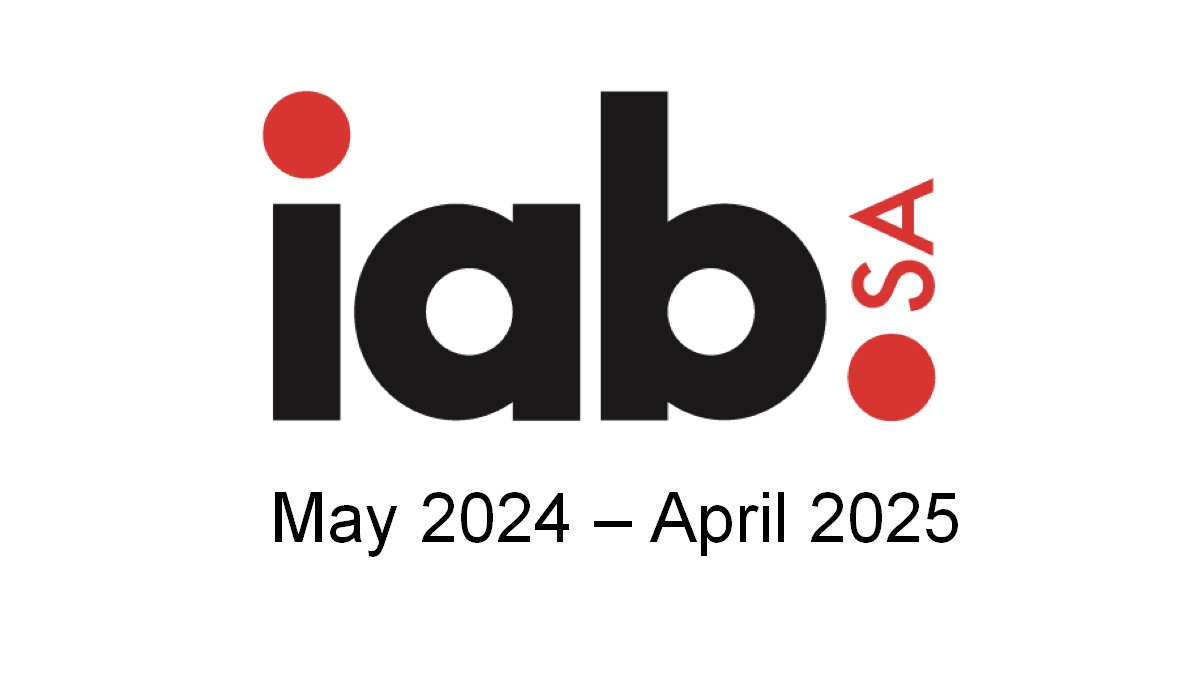The National Treasury on Friday launched a spirited defence of the supplementary budget tabled by Finance Minister Tito Mboweni last month in the face of severe criticism that the budget was not adequate to boost economic growth and save jobs.
Dondo Mogajane, director-general of National Treasury, took aim at proponents of greater government spending, warning the standing and select finances committees that at the current rate, the country’s debt to gross domestic product ratio would reach the 100% mark by 2023/24.
Mogajane said: “South Africa cannot use the pandemic as an excuse not to address weak public finances and achieve higher growth rates in the future. Higher government spending has not translated into higher growth in the past decade. The austerity vs stimulus debate is a false choice, and the National Treasury does not make policy according to this paradigm.
Sanisha Packirisamy, economist at Momentum Investments, said the allocation to debt-servicing costs is now similar in size to what government spends on health and is double the share being spent on capital assets.
“What is of particular concern is the fact that there does not seem to be a concrete plan of action on proposed structural reforms to get us out of this quagmire,” Packirisamy said.
Numerous organisations, including Cosatu, Budget Justice Coalition, Childrens’ Institute and Institute for Economic Justice made submissions to parliament.
Some of the proposals put forward by the organisations are that the planned fiscal consolidation will harm the economy and there were also calls for wealth and solidarity taxes to boost public finances.
The harshest criticism came from a group of more than 100 economists and eminent people who have called on MPs to reject the budget.
This grouping, which includes former statistician-general Pali Lehohla and economist Lumkile Mondi, said the budget should be guided by the need to support the public health response and keep businesses afloat, workers employed and incomes in the pockets of the poorest.
“The potentially catastrophic economic crisis that would result from failing to achieve these objectives would see the economy shrink, tax revenue plummet and public debt soar,” the group said.




